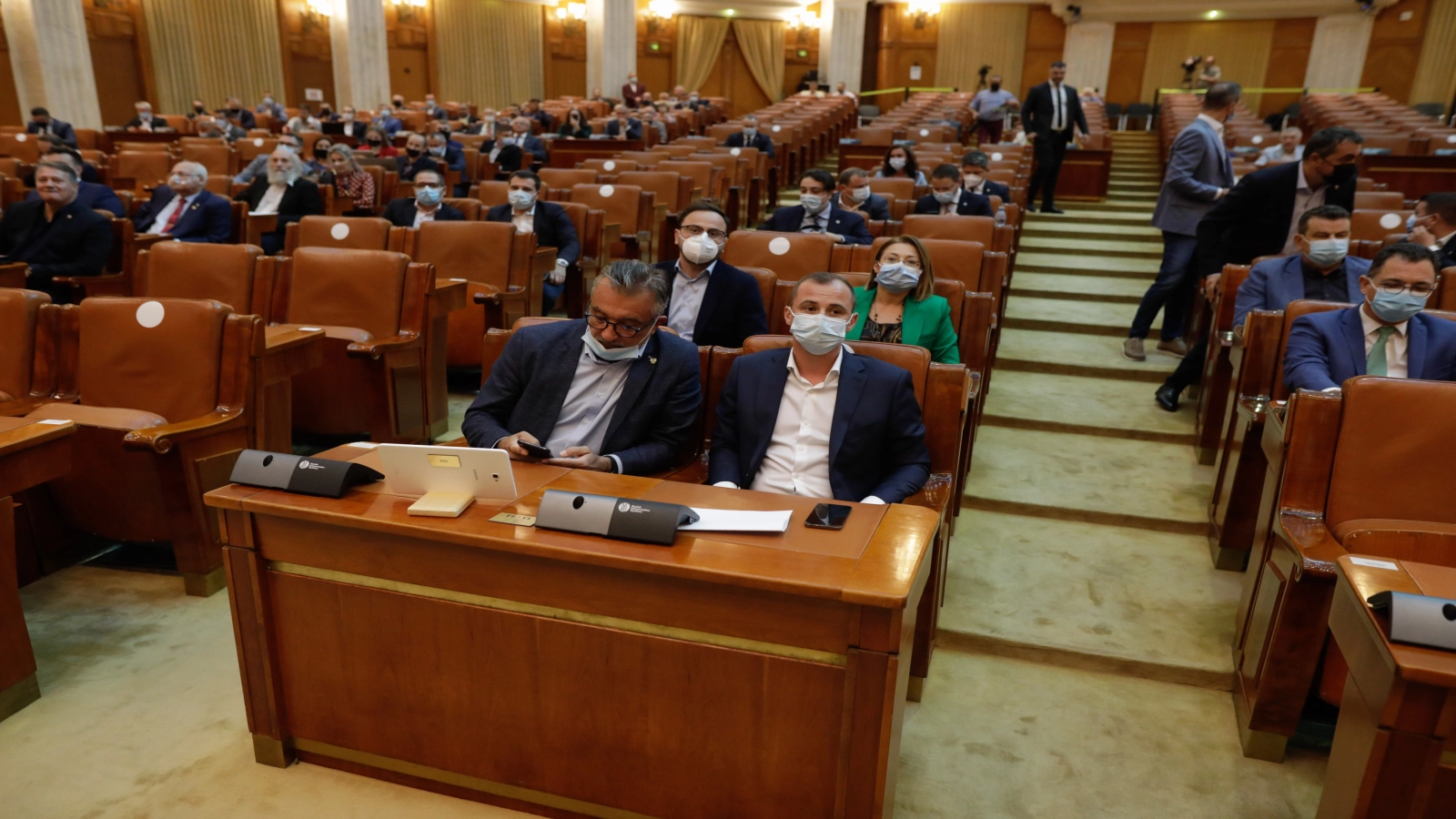Several nongovernmental organizations, including the Resource Center for public participation, ActiveWatch and Respiro Association, are requesting members of Parliament to remove limitations regarding collective negotiations and the right to protest, the reason being that the legislation regarding the state of emergency was applied "arbitrarily".
According to a press release sent by the Resource Center for public participation, according to Law nr. 55/2020 regarding measure for countering the effects of the COVID-19 pandemic, collective work contracts and additional documents remain active throughout the entire duration of state of alert and for 90 days since its termination. At the same time, legislation regarding social dialogue states that, throughout the valid period of a collective contract, collective conflicts and strikes cannot be launched. This makes it illegal for collective conflicts to occur, in any area where a collective work contract exists, the Resource Center for public participation pointed out.
According to the quoted source, Law nr. 55/2020 forbids collective work conflicts to be initiated, throughout the state of alert, in a series of areas considered essential: national energy system units, nuclear sector operative units, as well as those under continuous fire, sanitary and social assistance, telecommunications, radio and public television, railroad transportation, units that ensure public transportation and city sanitation, as well as the gas, electricity, heat and water supplying for the population.
"These measures, which were reasonably short-termed, are becoming cumbersome after almost 2 years of state of emergency and state of alert. According to the law, the maximum duration of a collective work contract is 2 years, so almost all of these contracts have expired and new negotiations should be initiated. In very few cases, from their own initiative, employers have accepted new negotiations. In general, contracts were automatically extended, in accordance to the law," the signatory organizations say.
According to them, the economic situation has changed, the very high inflation superimposes with the "galloping rise" of energy costs, and compensation measures for the drop in the purchase power are not enough.
The quoted source also mentions that suspending collective negotiations could lead to "extreme situations", such as the one at the Bucharest Transport Company (STB).
"Employees do not have the right to either resume collective negotiations, or to initiate collective work conflicts. They are thus forced to resort to methods that are at the edge of the law, such as the spontaneous stop of work. This could lead to radicalizing positions and pointlessly affects the beneficiaries of the service. Under the conditions of a conflict declared in accordance to the law, a minimum of third of the services should have been maintained," the NGOs pointed out, Agerpres informs.
































Comentează